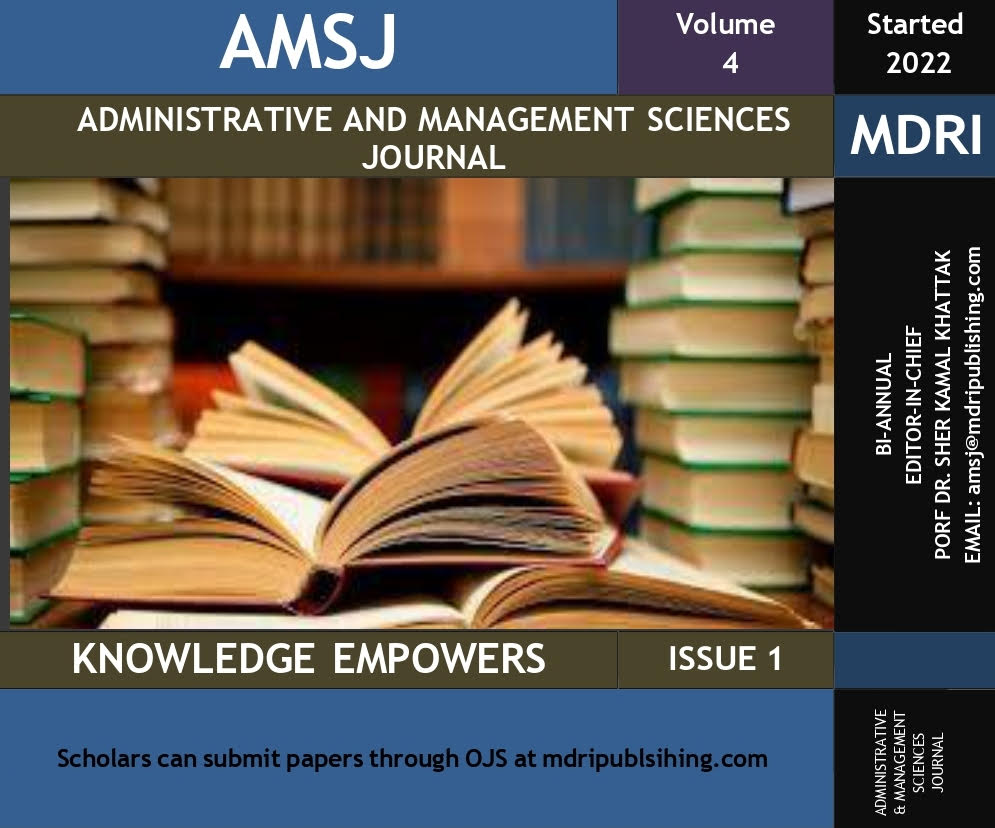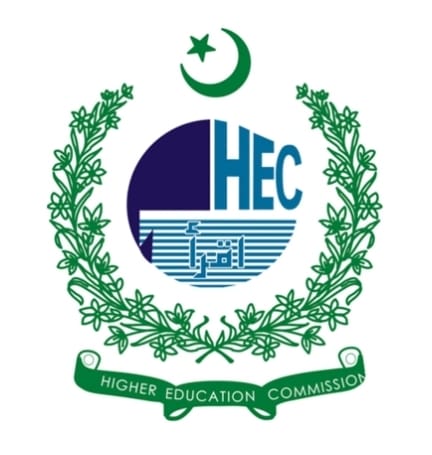Dark Entrepreneurship and Work Life Balance: The Moderated Mediation of Family Support and Resilience
DOI:
https://doi.org/10.59365/amsj.4(1).2025.168Keywords:
Entrepreneurship, Dark side, Resilience, Work-life balance, Family SupportAbstract
The dark aspects of entrepreneurship, portrayed as extreme desire, work centrality, risk neglect, and disdain for ethical boundaries, have gained increased scholarly interest, particularly for their consequences for entrepreneurs' well-being. Based on Spillover Theory, this study investigates dark entrepreneurship and its impact on work-life balance, using moderated mediation of family support and resilience. Data were gathered from owners and managers of small and medium-sized businesses (SMEs) in Islamabad and Rawalpindi, Pakistan. The findings show that dark entrepreneurship has a detrimental impact on work-life balance, and resilience mediates the relationship between dark entrepreneurship and work-life balance. Furthermore, family support moderates the mediated pathway,
highlighting resilience's favorable function in improving work-life balance. These findings indicate that, while dark entrepreneurial tendencies may upset balance, internal psychological resources and external familial support might mitigate unfavorable outcomes. The study has practical implications for entrepreneurfocused interventions, such as resilience training and family-inclusive legislation
that aim to support SME growth while protecting entrepreneurs' mental health in stressful business environments.





